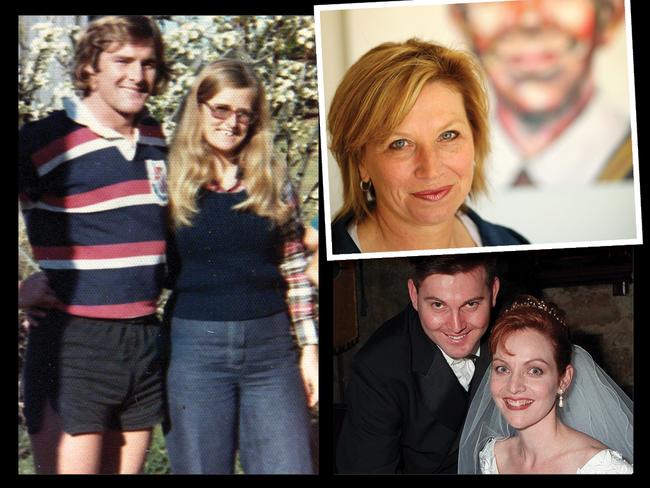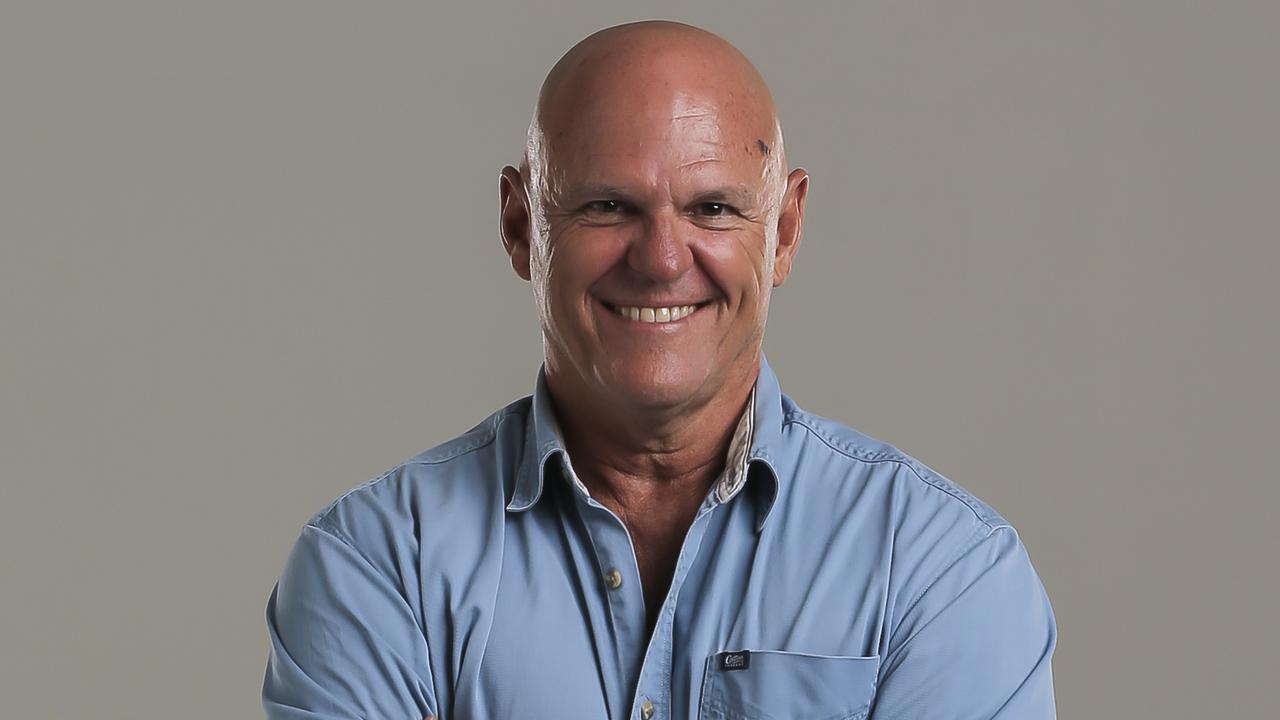Opinion: High-profile cases change attitudes to domestic violence
When I was a young journalist, reporting domestic violence was taboo. Fortunately that is finally changing, writes Peter Gleeson.
Opinion
Don't miss out on the headlines from Opinion. Followed categories will be added to My News.
WHEN I was a young reporter in the early 1980s, one of the key parts of the job was to listen to the police radio so that if a crime occurred, you could get straight on to it.
Often, you’d hear police talking about an assault, even a stabbing, involving a man and woman. After checking with the cops, invariably they’d say it was “just a domestic incident’’.
From star pupil to star witness
Warning signs Allison’s loved ones missed
Men must do more to end violence
“It’s a domestic,’’ the newsdesk would be told.
With that, the story’s currency would be devalued to the extent that it might make a brief on page 34. Mostly, it wouldn’t run at all. It was almost as if reporting on domestic violence – like suicide – was taboo.
“We’ve got another jumper,’’ the police radio would crackle as a person leapt from the Story Bridge, their springboard to the hereafter.
Decades on, thankfully, reporting has changed significantly for the better on domestic violence and suicide. By talking about it, we’ve given ourselves permission to help alleviate, to some extent, its pernicious and destructive consequences.
In Queensland, the extraordinary outpouring of grief and condemnation of the Allison Baden-Clay murder and conviction of her husband Gerard showed why reporting on domestic violence is now not only necessary but important.
Baden-Clay’s controlling behaviour on finances and the emotional roller-coaster of violence and infidelity captivated the Australian public. It was as if just about everybody knew a narcissist like Gerard Baden-Clay. There but for the Grace of God go I, some people mused.
In Victoria, at the start of 2014, Rosie Batty was like any other Aussie mother trying to nurture and protect her son Luke during his formative teenage years. Her world changed forever when her troubled ex-partner, Greg Anderson, killed Luke in a horrendous attack at a local cricket ground. It was her ex-partner’s final act of control and vengeance after years of violence.
In NSW, The Teacher’s Pet podcast series by Hedley Thomas of The Australian has shone a light on the 1982 disappearance of Lyn Dawson. Her then husband Chris has been charged with her murder.
What these high-profile cases demonstrate is that throughout this country – every day, every hour – a victim is suffering in silence, until, of course, the combustible nature of the relationship explodes, and tragedy strikes.
Hedley Thomas has always maintained that The Teacher’s Pet podcast series was more than a missing person’s case. It was very much about exposing the silent scourge of domestic violence, a case that symbolised a much larger problem in modern society.

To their credit, the Commonwealth and State governments have attacked the issue with gusto in recent years.
Laws before the Australian Parliament propose an amendment to Fair Work legislation that would give all Australian women up to five days a year of unpaid domestic violence leave.
Labor wants to go further, proposing up to 10 days of paid domestic violence leave. Labor says this would make it easier for women to escape abusive situations.
Some of Australia’s biggest employers like Qantas, Westpac, NAB, Woolworths and Telstra, already pay domestic violence leave.
Queensland and Western Australia have 10 days of paid domestic violence leave for public sector employees, South Australia offers 15 days and Victoria and the ACT 20 days.
As we approach the festive season, where finances come under pressure and people tend to over-indulge in alcohol, it’s important to acknowledge that everybody has a responsibility to call out domestic violence.
Remember, when it comes to domestic violence, the standard you walk past is the standard you accept.


